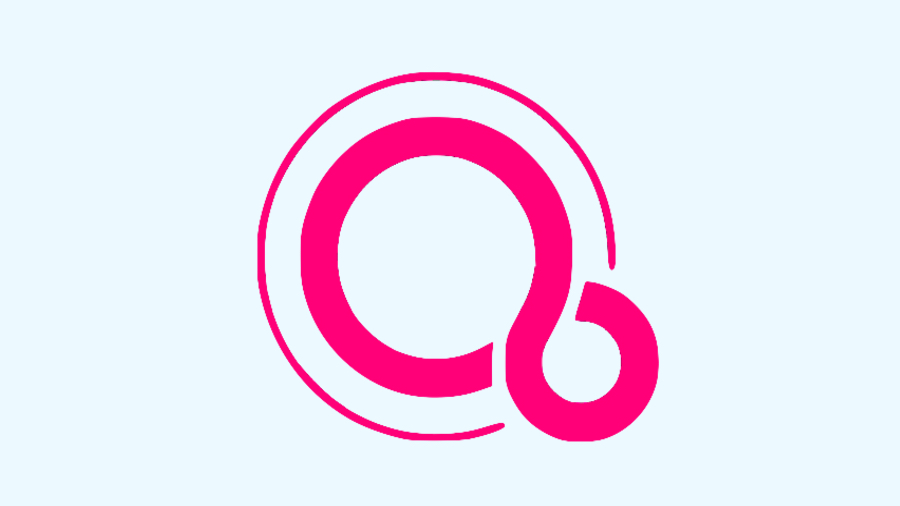Here’s when and how Google Fuchsia may launch, replacing Android and Chrome OS
Plotting out the future

Sign up for breaking news, reviews, opinion, top tech deals, and more.
You are now subscribed
Your newsletter sign-up was successful
The mysterious Google Fuchsia operating system is reportedly being readied for smart home devices in the next three years – potentially expanding to phones, laptops and tablets in the next five years, according to Bloomberg.
Fuchsia has been whispered about in the depths of the internet for a while now, but we never knew exactly what Google was planning to do with it, even if you can actually run an early version on the Pixelbook.
All we’ve known is that Google Fuchsia will be a search-focused and privacy aware platform optimized for voice control. Now, however, we’ve seen some of the members of the Fuchsia team come out and say they aim for Fuchsia to take over as Google’s unified operating system for a range of different devices.
So, in the Google Fuchsia team’s ideal world, your phone, laptop and smart speaker would all be running the same OS – it’d even look the same. It’s like Windows 10, but people will actually want to run this software on phones.
Wait a minute
None of this is official, though. Neither Google CEO Sundar Pichai nor Chrome and Android lead Hiroshi Lockheimer have signed off on any kind of road map for Google Fuchsia, today’s report suggests. Instead, Google has come out and denied that there’s any kind of five-year plan for Fuchsia, instead referring to it as one of many “open source experiments”, according to an update provided to CNET.
Google Fuchsia could either be the successor to one of the most widespread operating systems on the planet, or just get absorbed into a future project. If Google Fuchsia is going to take over as a singular, united platform some hurdles need to be overcome.
First, there are some internal struggles. We already mentioned that Pichai and Lockheimer haven’t signed off on any road maps, but it doesn’t exactly end there. Because of its privacy-centric design, there’s apparently been at least one clash between the engineering team and the advertising team. Google’s ad platform, after all, relies on its ability to target users through data it gathers from the OS – something that Fuchsia’s design is reportedly at odds with.
Sign up for breaking news, reviews, opinion, top tech deals, and more.
Right now Android powers three quarters of all smartphones on the planet. So, even if Google Fuchsia was signed off by everyone at Google, getting all of its hardware partners to adopt the nascent operating system will be a major hurdle – especially since Google has had a problem with device manufacturers even issuing timely Android updates. That’s not to mention Chrome OS, which is another extremely important platform that the education sector relies on.
We’re still clearly in the very early days of Google Fuchsia, but we now have some insight into the Fuchsia team’s goals and timelines. We’ve seen very little from the secretive OS, but maybe more light will be shed on it over the next couple of years, especially if it really does make its way to smart devices in the near future.

Jacqueline Thomas (Twitter) is TechRadar's former computing editor and components queen. She is fat, queer, and extremely online, and is currently the Hardware and Buying Guides Editor for IGN.